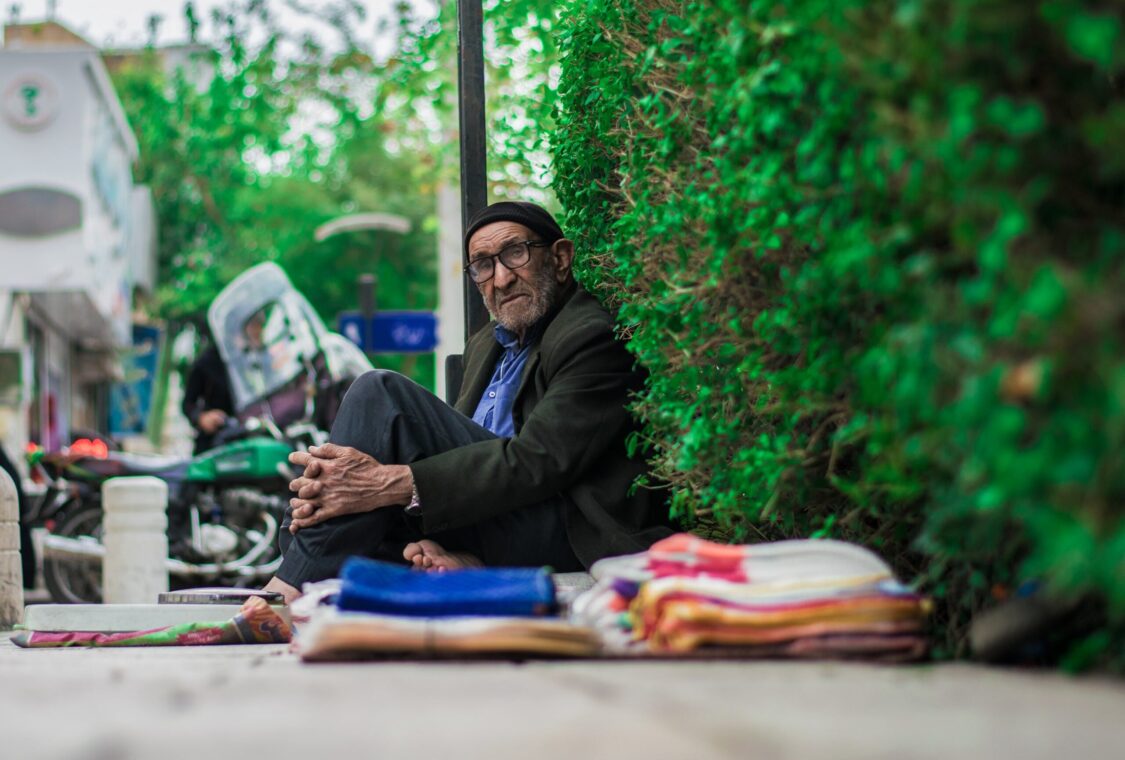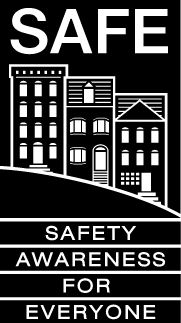San Francisco Launches New Street Crisis Response Team

The first phase of San Francisco’s Street Crisis Response Team (SCRT) pilot program launched Nov. 30, which saw the first team begin responding to 911 calls relating to people experiencing behavioral health crises. The SCRT is part of the City’s efforts to develop alternatives to San Francisco Police Department (SFPD) responses to non-violent calls, according to a statement from Mayor London Breed’s office.
The program’s first team is initially operating Monday through Friday from 10 a.m. to 6 p.m. and is focusing on responding to calls in the Tenderloin—a high-need, generally small geographic area—during the program’s initial phase, per the mayor’s office. Eventually more teams will be added, with at least six teams anticipated by the end of March 2021, the ultimate goal being to have the SCRT operate citywide, seven days per week and up to 24 hours a day.
The 911 call center dispatches the team to address various calls for service. By pairing behavioral health specialists and medical professionals, the SCRT can respond to some of the calls that the SFPD used to predominantly answer. During the initial phase the team will focus on calls involving “mentally disturbed adults,” but eventually it will handle calls regarding behavioral health. In addition, individuals will be connected to services and supported by the Department of Public Health to ensure follow-up care is thorough, per the statement.
The SCRT pilot program is a collaboration between the San Francisco Department of Public Health and the San Francisco Fire Department with the Department of Emergency Management also providing key support. The SFPD will also be an important partner in the shifting of certain types of 911 calls to the new teams, according to the statement.
As part of each team, there is a community paramedic, a behavioral health clinician and a behavioral health peer specialist. Ultimately, the new program aims to provide a suitable non-law enforcement response to behavioral health emergencies citywide and divert people in crisis away from emergency rooms and criminal legal settings into behavioral health treatment, per the mayor’s office.
“This new program can help us break the cycle that all too often keeps people going in and out of our emergency rooms or our jails. When the Street Crisis Response Team responds to a call for someone in crisis, they’ll be able to help with compassion and clinical skills to get people the care and support they need,” said Mayor Breed. “Changing the way we respond to non-violent calls is going to take work and it’s going to take time. The SCRT is an important first step in our long-term effort to change how we respond to people suffering on our streets.”
As the SCRT program gains momentum, the SFPD is still responding to calls that are non-violent, and/or behavioral health-related, since one team can’t respond to all the behavioral health crisis calls. By the end of March, the City anticipates that SCRT teams will be able to respond to approximately 17,000 calls for service annually, equivalent to the amount of non-violent “mentally disturbed person” calls to which the SFPD currently responds, according to the statement.
The Street Crisis Response Team pilot program is one facet of the first phase of Mental Health SF, the City’s strategic framework for improving the behavioral health response to people experiencing homelessness, according to the mayor’s office.
